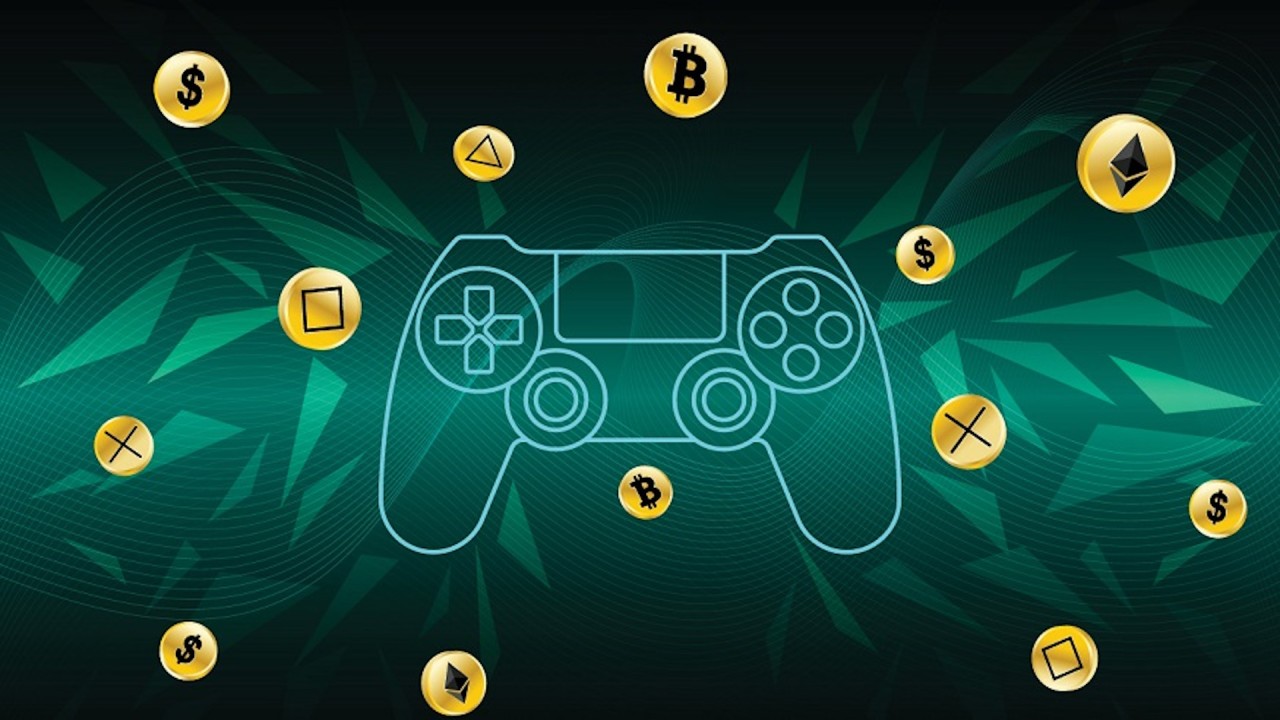The gaming industry has evolved rapidly over the past few decades, Blockchain Is Disrupting embracing new technologies to enhance player experiences and monetization models. One of the most groundbreaking innovations in recent years is blockchain technology. By introducing decentralization, transparency, and true digital ownership, blockchain is revolutionizing the way games are played, developed, and monetized. In this article, we explore how blockchain is disrupting the gaming industry and shaping its future.
The Role of Blockchain Is Disrupting
Blockchain technology offers several key benefits that make it a game-changer for the industry. These include:
1. True Ownership of In-Game Assets
Traditionally, in-game items such as skins, weapons, and characters are controlled by game developers. Players spend real money or Blockchain Is Disrupting invest countless hours acquiring these items, but they do not truly own them. With blockchain, these assets are tokenized as non-fungible tokens (NFTs), granting players real ownership. This allows them to trade, sell, or use their assets across multiple games and platforms.
2. Play-to-Earn (P2E) Gaming Model
Blockchain gaming has introduced the Play-to-Earn (P2E) model, where players can earn cryptocurrency and NFTs as they progress in a game. This enables gamers to monetize their time and skills, creating new economic opportunities, especially in developing countries where P2E games like Axie Infinity have become a significant source of income.
3. Decentralized Gaming Ecosystems
Blockchain eliminates the need for centralized game servers controlled by corporations. Instead, games can operate on decentralized networks, giving players more control and ensuring game longevity even if a developer shuts down. Decentralized Autonomous Organizations (DAOs) further allow community governance, enabling players to vote on game updates and policies.

4. Transparency and Security
With blockchain’s transparent and immutable ledger, cheating, fraud, and unfair practices can be minimized. Smart contracts ensure fair gameplay, allowing automated and tamper-proof transactions within games. This builds trust among players and developers alike.
5. Interoperability Between Games
One of the most exciting aspects of blockchain gaming is the potential for interoperability. Players can use their NFT-based assets across different games, creating a unified gaming metaverse. For example, a sword acquired in one game could be transferred and used in another blockchain-based game.
How Blockchain Is Transforming Different Aspects of Gaming
1. In-Game Marketplaces and Economies
Blockchain-based marketplaces allow players to trade assets directly with one another using cryptocurrencies. These marketplaces operate without intermediaries, ensuring fair pricing and preventing game developers from imposing high transaction fees. Examples include Decentraland and The Sandbox, where users can buy, sell, and develop virtual land and items.
2. Esports and Competitive Gaming
Blockchain is enhancing esports by ensuring transparent prize distribution and fair competition. Smart contracts can automate payouts to winners, removing the risk of corruption or non-payment. Additionally, tokenized rewards incentivize both players and fans, enabling audience participation through betting or NFT-based collectibles.
3. Crowdfunding and Game Development
Game developers can use blockchain-based crowdfunding through Initial Coin Offerings (ICOs) or token sales. This allows indie developers to secure funding directly from players and investors without relying on publishers. Blockchain also enables gamers to invest in upcoming games, gaining financial returns or exclusive in-game benefits.
4. Gaming Metaverse and Virtual Reality (VR)
Blockchain is a key component of the emerging metaverse, a virtual world where players can interact, trade assets, and participate in social experiences. Games like Decentraland and CryptoVoxels allow players to purchase land, build virtual properties, and engage in economic activities using blockchain technology.

Challenges and Limitations of Blockchain Gaming
Despite its potential, blockchain gaming faces several challenges:
- Scalability Issues: High transaction fees and slow processing speeds on certain blockchains can hinder seamless gaming experiences.
- Regulatory Uncertainty: Governments are still formulating policies regarding cryptocurrencies and NFTs, which may impact blockchain gaming projects.
- User Adoption: Many players and developers are unfamiliar with blockchain technology, creating a learning curve for mass adoption.
- Environmental Concerns: Some blockchain networks consume significant energy, raising concerns about their environmental impact. However, newer eco-friendly blockchains are addressing this issue.
The Future of Blockchain Gaming
As blockchain technology continues to evolve, we can expect:
- Improved Scalability: Layer-2 solutions and advanced consensus mechanisms will enhance blockchain gaming performance.
- Wider Adoption by AAA Game Developers: Major gaming companies are beginning to explore blockchain integration, paving the way for mainstream adoption.
- Deeper Metaverse Integration: Blockchain-powered gaming metaverses will expand, offering more immersive and interconnected experiences.
- New Monetization Models: The Play-to-Earn model will evolve, with new ways for players to earn, stake, and trade in-game assets.
Conclusion Blockchain Is Disrupting
Blockchain is disrupting the gaming industry by enabling true digital ownership, decentralized economies, and new monetization opportunities. While challenges remain, the potential benefits for players and developers are undeniable. As technology advances, blockchain gaming is poised to become a cornerstone of the future gaming landscape.
